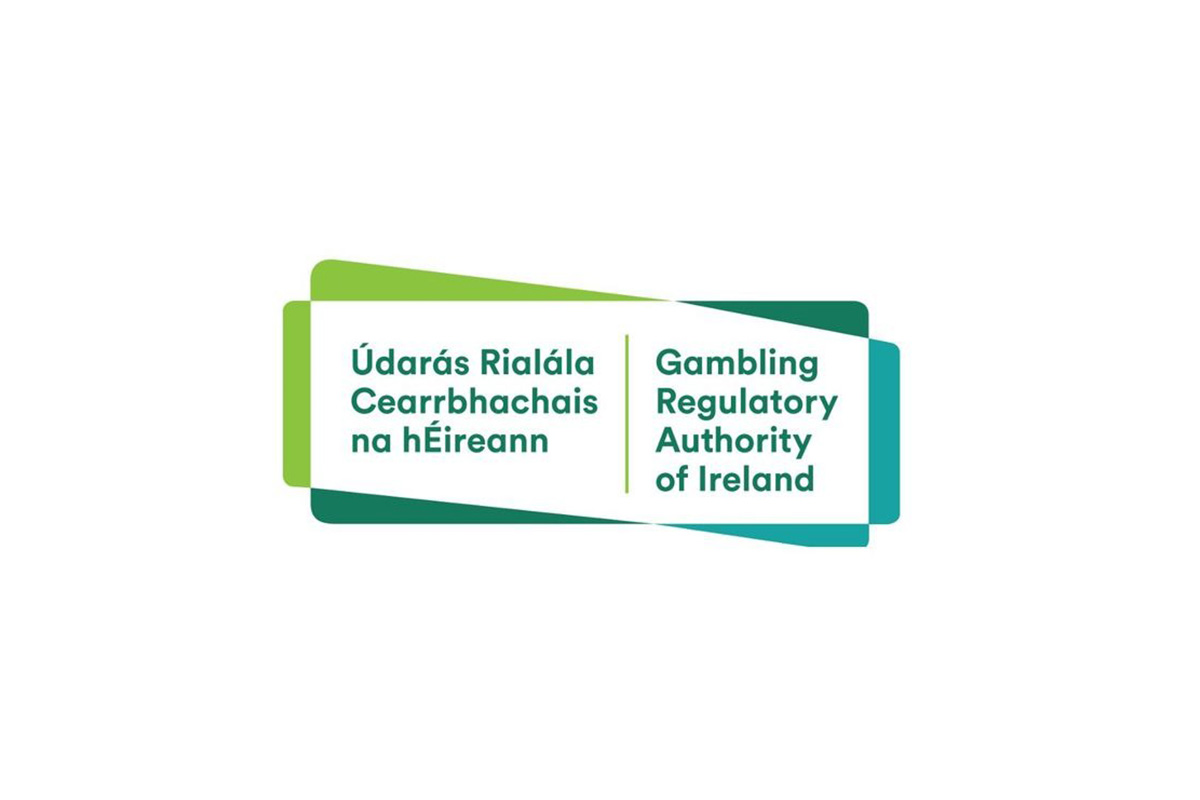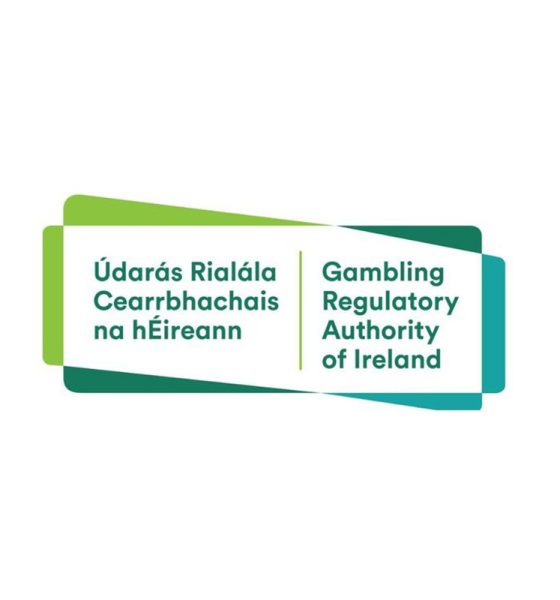

Compliance Updates
New ESRI Research Commissioned by the GRAI Suggests Gambling Offers Lure People to Bet More, Particularly People at Risk of Problem Gambling
A new study commissioned by the Gambling Regulatory Authority of Ireland (GRAI) /Department of Justice, Home Affairs and Migration and undertaken by the Economic and Social Research Institute (ESRI) shows that betting and gambling companies offering special offers or inducements encourages people to gamble more than they would otherwise, even when the odds offered are “bad”.
Special offers or inducements, such as free bets and moneyback guarantees are regularly used by gambling companies in their marketing campaigns. The study found that vulnerable people such as those at higher risk of becoming problem gamblers, were most at risk of gambling more, and losing more, as a result of being offered inducements.
In a controlled experiment run with a sample of 622 men under 40, participants, were given money to place up to six realistic bets on the Euro 2024 football tournament.
Half of the participants were randomly selected and shown offers of free bets and moneyback guarantees on some bets. which caused these participants to spend over 10% more than those who were not given inducements. The inducements also reduced the number of participants opting not to bet by nearly half. Even inducement bets that were designed as “bad”, showing odds far below market rates, were undertaken by participants in this group, who were three times more likely to spend money on “bad” bets.
These findings illustrate the harm inducements cause, particularly to those who are susceptible to gambling harm.
Under the Gambling Regulation Act 2024, the legislation which underpins the work of the GRAI, inducements or encouragement to gamble further will soon be an offence and licensed operators will no longer be allowed to offer free bets which are targeted at individuals and specific groups. Multiple European countries have also begun to regulate inducements.
Participants were surveyed after the study on their knowledge and understanding of inducements. Even amongst regular betters, most did not know that there were restrictions on free bets and that they would not receive their stake back if they won a free bet.
Paul Quinn, Chairperson of the GRAI, said: “I very much welcome this research from the ESRI examining the impact of inducements to gamble on gambling behaviours. Having a clear evidence base is critically important to the GRAI as we commence our work in regulating the gambling industry. This latest research will help inform that work and in educating the public on this matter.
“This study clearly indicates the damaging effect of certain practices around inducements. It underlines the importance of the provisions of the Gambling Regulation Act in limiting a person’s exposure to inducements to gamble. We look forward to working with Minister O’Callaghan in addressing the issue as we implement the new regulations.”
Anne Marie Caulfield, CEO of the GRAI, said: “The ESRI’s findings confirm that not only is the general public not aware of the dangers associated with inducements to bet, but also that the impact of these inducements go beyond simple marketing by betting companies.
“It is our responsibility to ensure that gambling operators do not encourage excessive or compulsive gambling behaviour, and that we protect vulnerable people in our society, such as children and young people and those more likely to experience gambling harm.
“The Gambling Regulation Act 2024 sets out obligations for licensees in the way in which inducements can be offered, including a ban on targeted inducements, and the findings of this study affirm these measures.”
Diarmaid Ó Ceallaigh, Postdoctoral Research Fellow, Behavioural Research Unit, ESRI, said: “Our findings imply that gambling offers aren’t merely marketing tools, but pose a real risk of financial harm, particularly among vulnerable groups.
“The results support the case for stricter regulation of gambling offers in Ireland, following steps already taken in other European countries, such as banning sign-up bonuses, restricting offers to at-risk individuals, and capping their value.”
The post New ESRI Research Commissioned by the GRAI Suggests Gambling Offers Lure People to Bet More, Particularly People at Risk of Problem Gambling appeared first on European Gaming Industry News.
Compliance Updates
Nevada Rep. Dina Titus to Add FAIR BET Act to 2026 Defense Budget

Nevada Rep. Dina Titus is strategically pushing forward her Fair Accounting for Income Realized from Betting Earnings Taxation Act, commonly known as the FAIR BET Act. She intends to attach it to the 2026 National Defense Authorization Act (NDAA), a key piece of legislation that must pass annually. This maneuver, revealed on August 27, is designed to increase the chances that her proposal will be enacted into law.
The FAIR BET Act seeks to reverse a disputed provision introduced under former President Donald Trump’s One Big Beautiful Bill Act. The provision lowered the gambling loss deduction from 100% to 90%, which is set to take effect in January 2026. This change has met significant resistance from both the gaming industry and individual gamblers, who argue that it unfairly taxes money that they never actually won.
Representative Titus, who co-leads the Congressional Gaming Caucus, initially introduced this succinct bill in July. However, it stalled in the House Ways and Means Committee. To overcome this hurdle, she is leveraging a common legislative tactic by attaching the amendment to the NDAA. Around two decades ago, a similar strategy helped pass the Unlawful Internet Gambling Enforcement Act amid a port security bill.
The initiative enjoys strong support from major gaming industry leaders and state officials. Prominent executives from companies such as MGM Resorts, Caesars, and Wynn Resorts have expressed concern to lawmakers about the financial impact this deduction limit could have on both players and casinos. The American Gaming Association has also condemned the recent tax rule, stressing that it unfairly penalizes a legal and regulated industry.
The FAIR BET Act is gaining momentum across party lines. So far, ten members in the House have endorsed it as co-sponsors. In addition, a Republican counterpart titled the WAGER Act was introduced in July by Representative Andy Barr of Kentucky. In the Senate, Nevada Senator Catherine Cortez Masto has proposed a similar measure known as the FULL HOUSE Act.
Supporters emphasize the importance of this amendment for states like Nevada, where gambling significantly contributes to the economy. However, some critics argue that inserting tax policy changes into a defense authorization bill represents an overreach by lawmakers.
The amendment is currently under review by the House Rules Committee, with a vote expected within the next several weeks.
The post Nevada Rep. Dina Titus to Add FAIR BET Act to 2026 Defense Budget appeared first on Gaming and Gambling Industry in the Americas.
Compliance Updates
Romania Blocks 30 Unlicensed Gambling Websites

Romania’s gambling authority, the ONJN, has blacklisted 30 gambling websites after finding they were offering online casino and sports betting without local licences. Internet service providers (ISPs) now have 15 days to cut access, redirecting users to an official ONJN page explaining the block.
The 30 blocked sites range from obscure names to platforms that had been attracting steady traffic. Domains include wazbee.casino, jacktop.com, roostake.com, a string of “nv” branded casinos (nv5.casino through nv93.casino), and several under the ybets label.
Some of these platforms appeared almost overnight and marketed heavily on social media. Others had been active for months, drawing Romanian players with offers that licensed brands simply cannot match under current advertising rules.
The ruling obliges Romanian ISPs to redirect any traffic from the blacklisted domains to a designated ONJN IP address. Players trying to access those sites will instead see a page confirming the operator is not authorised to operate in Romania.
The post Romania Blocks 30 Unlicensed Gambling Websites appeared first on European Gaming Industry News.
Asia
New Indian Law Aims to Curb Online Money Gambling Sector, Prohibits Related Advertising

Following the passage of the Promotion and Regulation of Online Gaming Bill 2025 on August 21, the government of India imposes a complete ban on online money games, alongside the advertisements related to the sector.
Passed by the parliament, any financial transactions related to these platforms would be considered unlawful as stated under the Information Technology Act of 2000. The legislation also aims to establish a national-level regulatory authority that will govern the categorising and registration of online games.
The said authority shall issue guidelines, codes of practice and directions for compliance, with strict punishments induced, leading to imprisonment for up to three years, and a fine to one crore rupees or 114,017 USD.
The advertisement of the said games is also punishable with similar penalties, with imprisonment up to two years and a fine of up to fifty lakh rupees 1140 USD.
While the law prohibited online money gaming such poker, rummy and fantasy sports that offer cash rewards, e-sports are considered and recognised as a legitimate competitive sport in India, and is not included in the total ban, as well as online social games or casual games that are recreational in nature.
This draws that the bill-turned-law, used a “balanced approach” since recognising that the online gaming sector is one of the most dynamic segments in the digital and creative economy, hence, still allowing esports and online social games.
This came after the report of over 45 crore or 45,000,000 people were reportedly affected by online money games and have lost more than Rs. 20,000 crores or 2,280.414 USD, according to Shri Ashwini Vaishnaw, Union Minister for Electronics and Information Technology.
According to the same ministry, the total ban was driven by the following reasons:
• Addiction and Financial Ruin
• Mental Health and Suicide
• Fraud and Money Laundering
• Threat to National Security
• Closing Legal Loopholes
• Encouraging Healthy Alternatives
Meanwhile, the bill also stated that while the online gaming authority governs the registration of online games, the central government still has the authority to frame the rules for the promotion and advertisement of e-sports, online social games and other rules related under the law.
In total, the legislation aims to safeguard vulnerable populations, particularly the middle class and youth by introducing these strict regulations and a greater emphasis on brand responsibility and ethical advertising.
The post New Indian Law Aims to Curb Online Money Gambling Sector, Prohibits Related Advertising appeared first on European Gaming Industry News.
-

 gaming3 years ago
gaming3 years agoODIN by 4Players: Immersive, state-of-the-art in-game audio launches into the next generation of gaming
-
EEG iGaming Directory8 years ago
iSoftBet continues to grow with new release Forest Mania
-
News7 years ago
Softbroke collaborates with Asia Live Tech for the expansion of the service line in the igaming market
-
News7 years ago
Super Bowl LIII: NFL Fans Can Bet on the #1 Sportsbook Review Site Betting-Super-Bowl.com, Providing Free Unbiased and Trusted News, Picks and Predictions
-
iGaming Industry8 years ago
Rick Meitzler appointed to the Indian Gaming Magazine Advisory Board for 2018
-
News7 years ago
REVEALED: Top eSports players set to earn $3.2 million in 2019
-
iGaming Industry8 years ago
French Senator raises Loot Boxes to France’s Gambling Regulator
-
News7 years ago
Exclusive Interview with Miklos Handa (Founder of the email marketing solutions, “MailMike.net”), speaker at Vienna International Gaming Expo 2018









